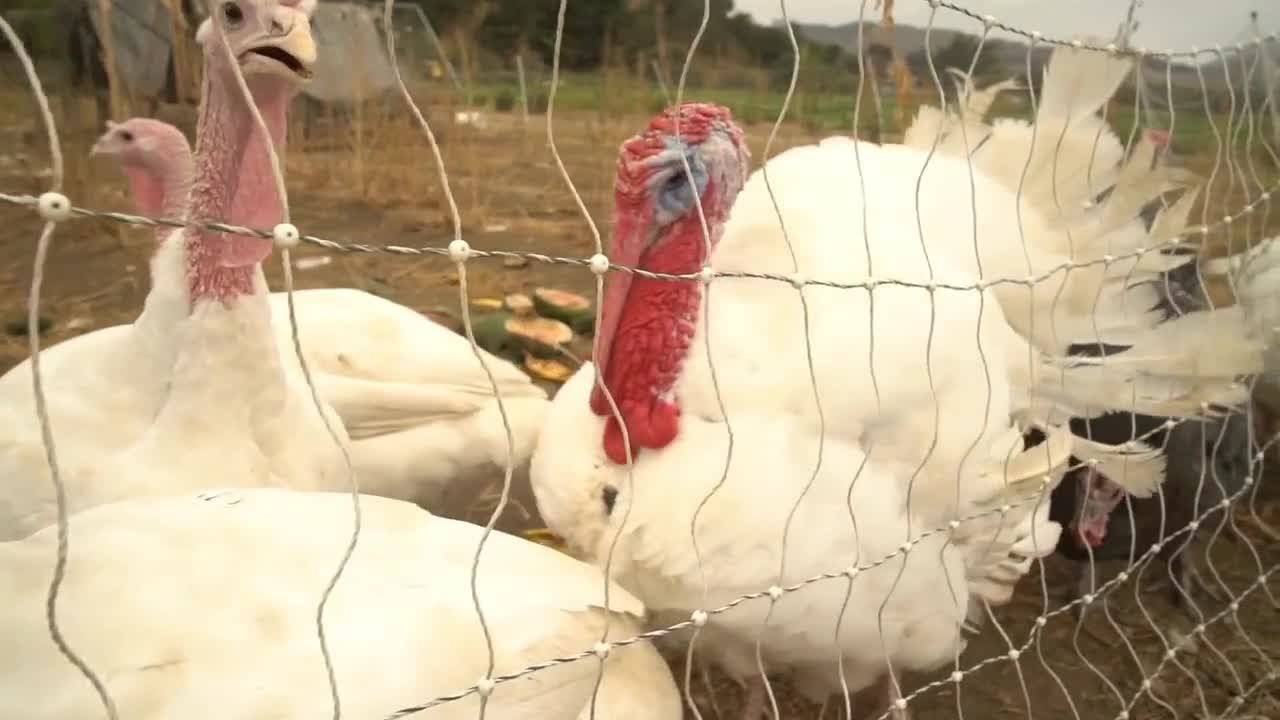SANPETE COUNTY, Utah — Farmers in central Utah are nervous about recent confirmed cases of bird flu in the area, which caused tens of thousands of turkeys to be put down.
Longtime contract turkey grower Troy Prestwich runs Double 77 Land and Livestock, where his family has been farming since 1937, and says there are ongoing problems with the industry
"They’re going to have to decide the fact that we’re probably going to have to vaccinate for it, and stop trying to destroy it," he said. "It’s not working, and move forward from there."
Highly Pathogenic Avian Flu caused local turkey farmers in Sanpete County to cull 35,000 birds, according to state agriculture officials, with the current protocol having them eliminate their flock when one tests positive for the virus.
"We unfortunately have to depopulate them to prevent the spread of disease. There’s a lot of commercial poultry operations in that area," explained Utah State Veterinarian Dr. Amanda Price.
Over 4 million birds have been put down in the state since 2022.
"Two years ago we had it and we lost two barns, almost 22,000 turkeys," Prestwich said. "Probably made me sicker to my stomach than anything I’ve ever been through. I mean, farming and ranching, you always deal with things that don’t work out or things die, and that’s a part of it, but that, it was like, 'Oh, man.'"
Prestwich annually produces about 3.5 million pounds of turkey, plus raising cattle and growing hay. He says even though the government tries to subsidize farmers when events such as avian flu happen, it’s always devastating to an operation.
"I don’t think there’s a grower out there that would rather have government compensation over their turkeys or their chickens or their ducks going to market — not a one," said Prestwich.
Prestwich believes changes in the current procedures need to be made.
"The scenario that we can kill the flock of turkeys and keep it from spreading isn’t working," he said.
Prestwich warned those looking for a Thanksgiving turkey to start shopping early, as there will likely be supply issues this holiday season.




